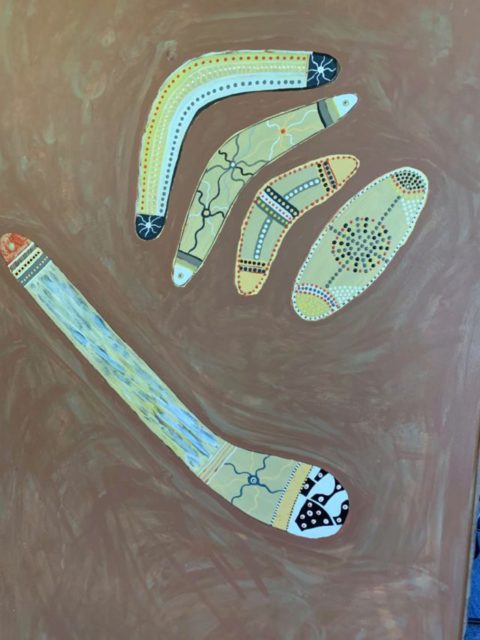Indigenous Peoples & the Environment
Understanding the changing relationships of Indigenous peoples with their environments: A cross-cultural Study from Nepal, Australia, and the USA.

This research project aims to investigate the interrelationship between Indigenous communities and their environment from a political ecological perspective. The intent is to leverage the political ecological research agenda under the premise of the ‘environmental and social movement’ (Robbins, 2004) to understand the discursive and material strategies of resistance to neoliberal natural resource management by Indigenous communities across Australia, USA, and Nepal. This research agenda is linked to the challenge of bringing indigenous communities’ socio-economic conditions on par with wider society in terms of indicators of well-being, e.g., health, education, livelihood, resilience, etc. This agenda is important because indigenous communities (around the world) have been negatively affected by land dispossession, commercial exploitation, the legacies of colonization (e.g., alcohol, language loss, poverty, and violence) and loss of independence. But many are resilient and have been able to regain their lost agency and identity. We aim to learn from indigenous communities instead of imposing our certitude upon the fractal diversity of their worlds. Often from outsiders’ perspective, indigenous communities are deemed to have succeeded if they have not failed.



